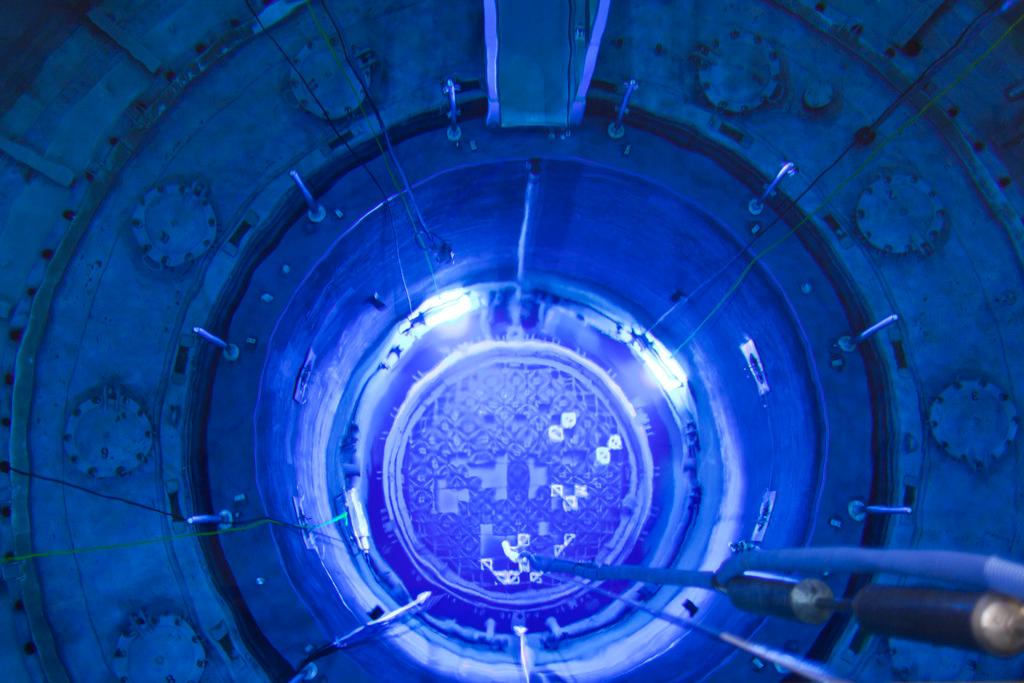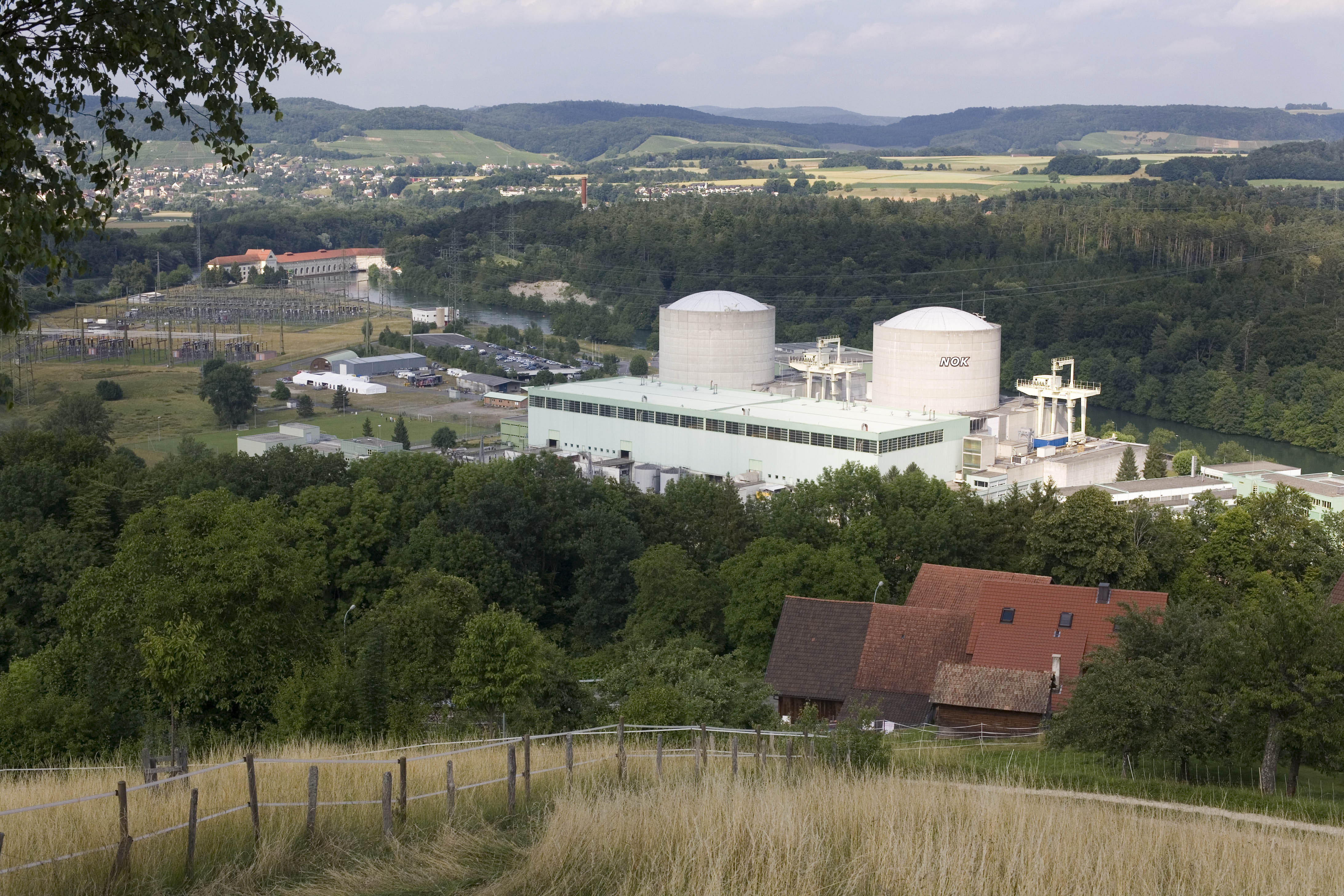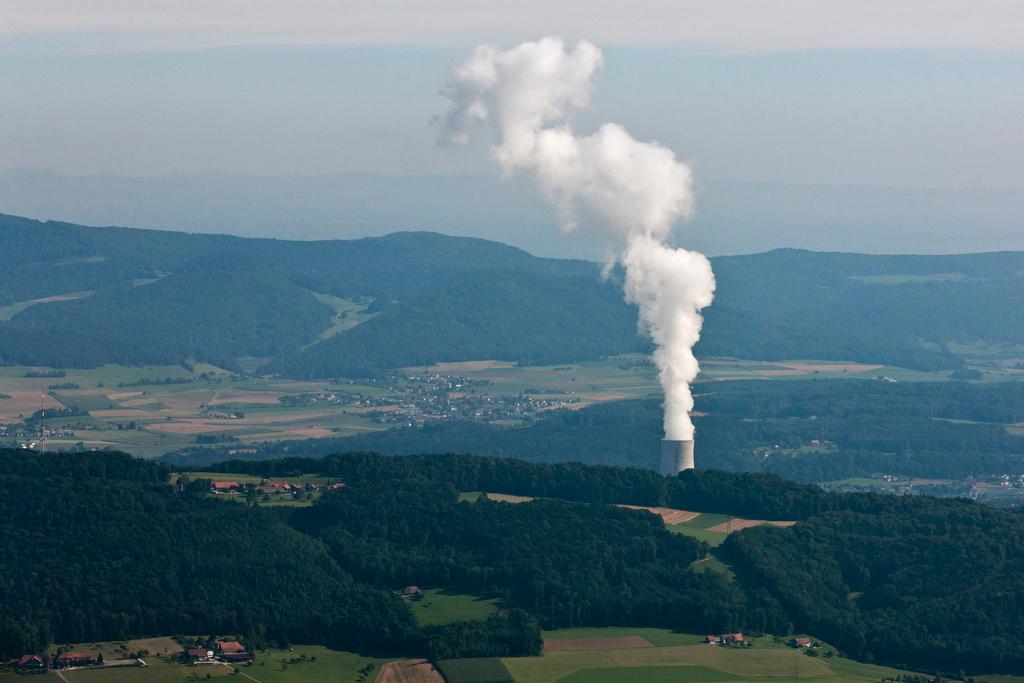Swiss nuclear power not yet ready to go off grid

Parliament has refused to put a time limit on the life of its nuclear power plants, marking a cautious change to the country’s energy strategy. On Wednesday the House of Representatives followed the Senate in backing this measure.
Five years ago, Switzerland decided to phase out nuclear power production following the Fukushima disaster in Japan. But on Wednesday a majority of parliamentarians from the House of Representatives followed the Senate by refusing to put a deadline for nuclear plants currently in operation.
Most felt it was pointless and premature to close the safe plants that were still working. This would also help prevent operators from claiming financial compensation in the event of an early closure.
The Swiss have been struggling to agree on what to do with its five nuclear plants since 2011. In November of that year, a plan to phase out Switzerland’s five nuclear plants was rubber stamped by parliament. The decision was sparked by the catastrophic meltdown at Fukushima’s Daiichi plant in March 2011. The tsunami that triggered the meltdown killed some 15,000 people.
Under that decision, all plants were due to be switched off on reaching their maximum operating period of 50 years. At the same time, Switzerland scrapped plans to build three new nuclear reactors in the country.
Oldest plants
Some of the older plants have been in the spotlight, as opponents say they should be shut much earlier. On Wednesday the BKW Group, the operator of Mühleberg plant in canton Bern confirmed it would go off grid on December 20, 2019. BKW had already given its target of closing down Mühleberg by the end of 2019.
A people’s initiative that would have required an immediate shutdown of the reactor was rejected by 64% of voters in the canton of Bern during balloting in May 2014.
It will then take 15 years to decommission the plant, which has been operational since 1972. The clean-up bill is expected to reach CHF800 million ($801 million).
Mühleberg is the second oldest working nuclear plant in the world. The oldest is also Swiss: Beznau I, in canton Aargau, built in 1969.
Opponents of nuclear energy say the Mühleberg site has been ready for closure for a long time. Groups have been concerned about the stability of the reactor since cracks in the core shroud started forming in the 1990s. They were caused by steel corrosion from coolant.

More
Beznau or never
Approximately 40% of Switzerland’s energy comes from nuclear power. Switzerland’s Energy Strategy 2050 plans to bridge the gap through increased use of hydropower and alternative energy sources and with energy efficiencies. Economists at UBS bank believe that 90% of Switzerland’s energy production will derive from alternative sources by 2050 – up from 60% at present. Solar energy is tipped to expand at the fastest rate, from the current 2% of all energy output to 16% in 2050, UBS calculates.
At the same time, UBS predicts that Switzerland will use less fossil fuels in the coming years, driven primarily by more efficient building design and increased use of electric transport systems.
However, Switzerland still needs to make some “key strategic decisions” if it to live up to its cleaner energy promises, UBS concludes in its “New Energy for Switzerland” report published on Wednesday.

In compliance with the JTI standards
More: SWI swissinfo.ch certified by the Journalism Trust Initiative












You can find an overview of ongoing debates with our journalists here . Please join us!
If you want to start a conversation about a topic raised in this article or want to report factual errors, email us at english@swissinfo.ch.